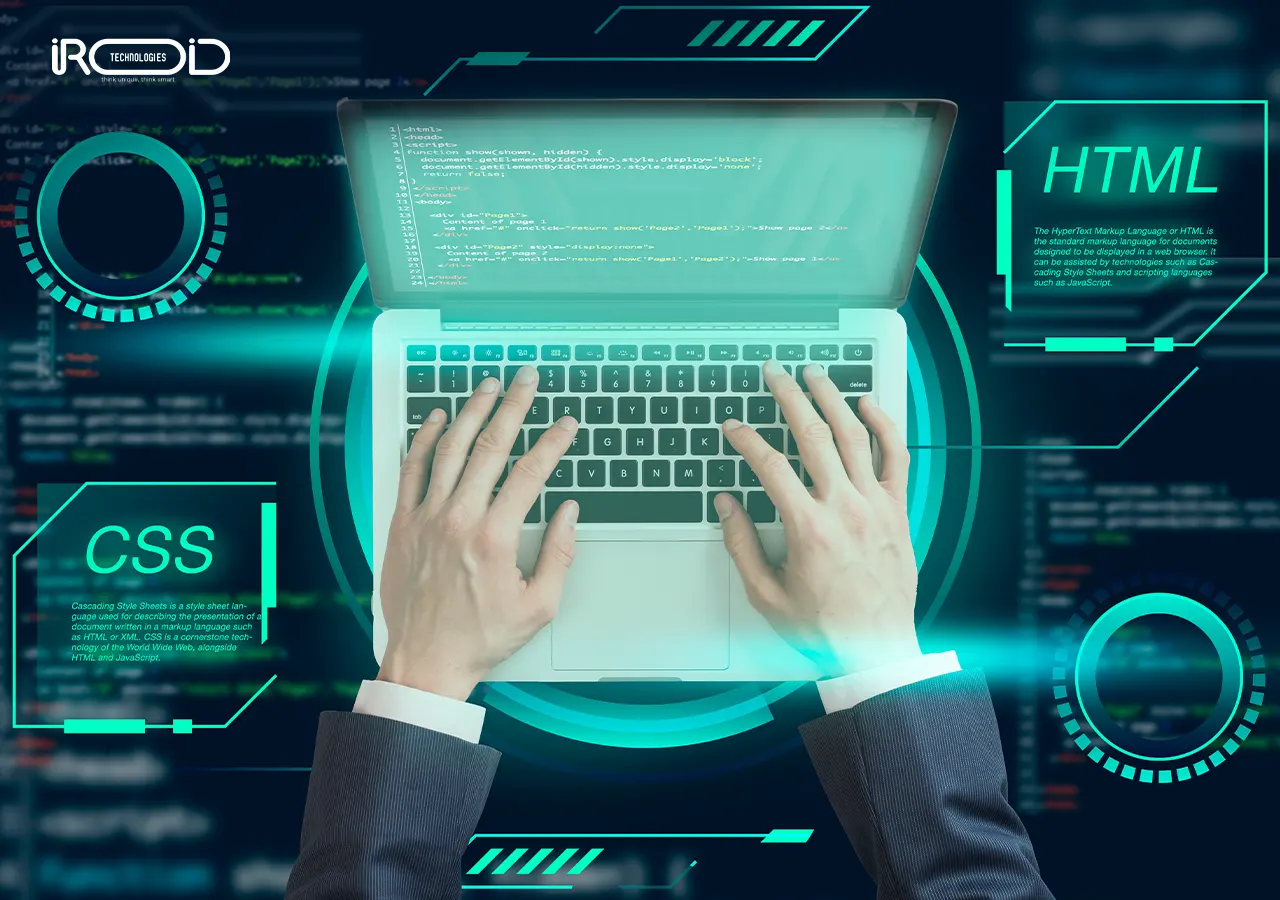The Future of Software Development: Trends to Watch in 2025
The software development landscape is evolving rapidly, driven by emerging technologies and new business demands. As we step into 2025, several key trends are shaping the future of software development, offering businesses new opportunities for innovation and efficiency.
1. AI-Powered Development
Artificial Intelligence (AI) and Machine Learning (ML) are revolutionizing software development by automating coding, debugging, and testing. AI-driven tools like GitHub Copilot and OpenAI Codex help developers write code faster and with fewer errors, increasing productivity.
2. Low-Code and No-Code Platforms
With businesses seeking faster development cycles, low-code and no-code platforms are gaining popularity. These platforms empower non-developers to build applications using drag-and-drop interfaces, reducing the dependency on traditional coding.
3. Cloud-Native Development
Cloud computing continues to dominate, with serverless architectures, Kubernetes, and microservices becoming the standard for building scalable and cost-effective applications. Cloud-native development ensures flexibility, allowing businesses to deploy and manage applications seamlessly.
4. Blockchain Beyond Cryptocurrencies
Blockchain technology is expanding beyond cryptocurrencies, being used for secure data sharing, digital identity verification, and supply chain transparency. Decentralized applications (DApps) are becoming mainstream in finance, healthcare, and logistics.
5. Quantum Computing Advancements
Though still in its early stages, quantum computing is set to revolutionize fields like cryptography, complex simulations, and AI processing. Tech giants like Google, IBM, and Microsoft are investing heavily in making quantum computing more accessible.
6. Cybersecurity-First Development
With cyber threats increasing, security is no longer an afterthought. Developers are adopting DevSecOps, where security is integrated throughout the software development lifecycle, ensuring applications are resilient to attacks.
7. Progressive Web Apps (PWAs) and Cross-Platform Development
PWAs continue to gain traction, offering app-like experiences without requiring downloads. Similarly, frameworks like Flutter and React Native are enabling efficient cross-platform development, reducing costs and time-to-market.
8. Edge Computing for Faster Processing
As IoT devices and real-time applications grow, edge computing is becoming essential. By processing data closer to the source, edge computing reduces latency, improves efficiency, and enhances security.
9. Augmented Reality (AR) & Virtual Reality (VR) in Development
With AR/VR becoming more mainstream, businesses are integrating these technologies into eCommerce, healthcare, and training applications to enhance user engagement and create immersive experiences.
10. Ethical AI and Responsible Tech Development
With AI playing a bigger role in decision-making, there’s a growing focus on ethical AI, ensuring algorithms are transparent, unbiased, and accountable. Developers are prioritizing fairness and inclusivity in AI-driven applications.
Final Thoughts
The future of software development is driven by automation, security, and efficiency. Businesses that adapt to these trends will stay ahead in a competitive digital landscape. By embracing AI, cloud computing, blockchain, and cybersecurity-first development, companies can build future-proof software solutions in 2025 and beyond.
